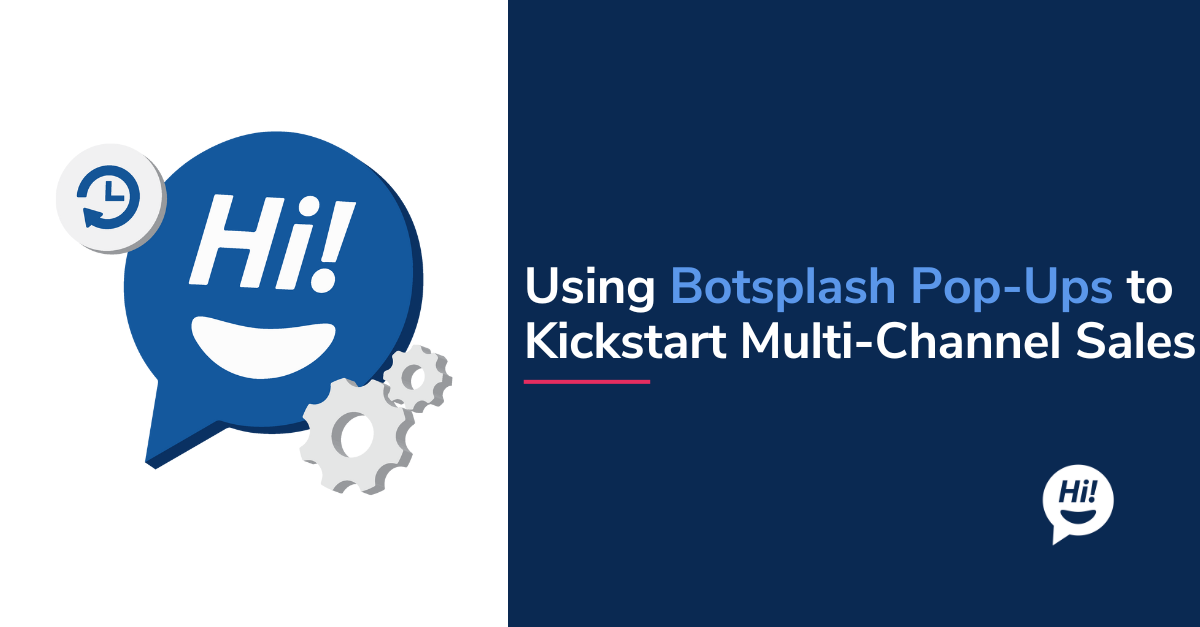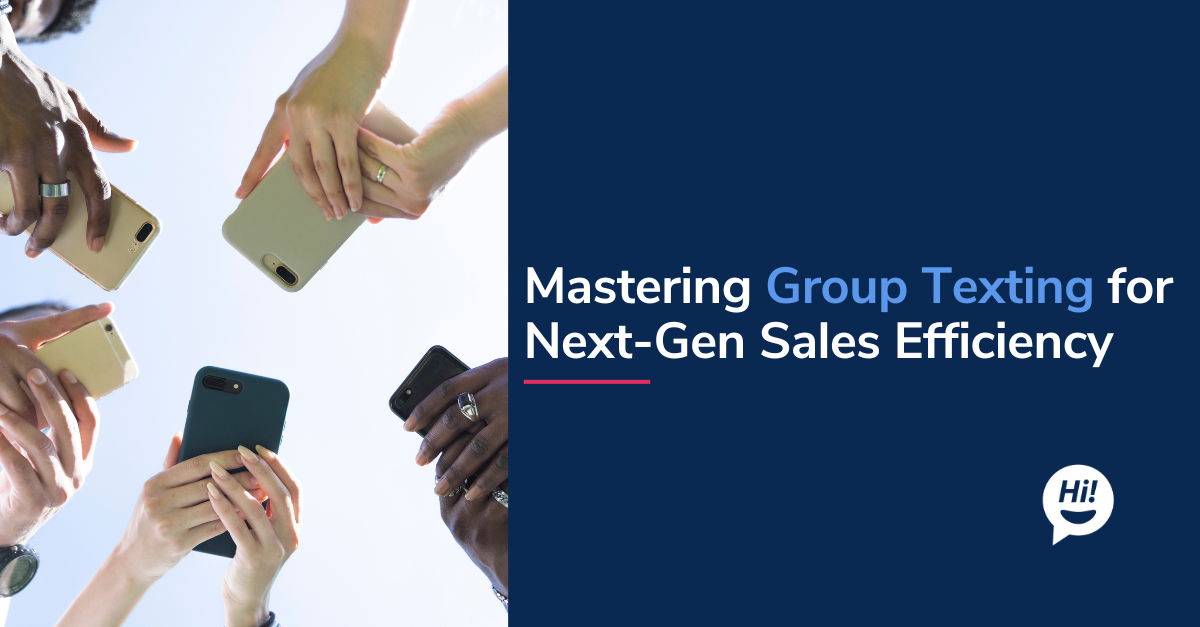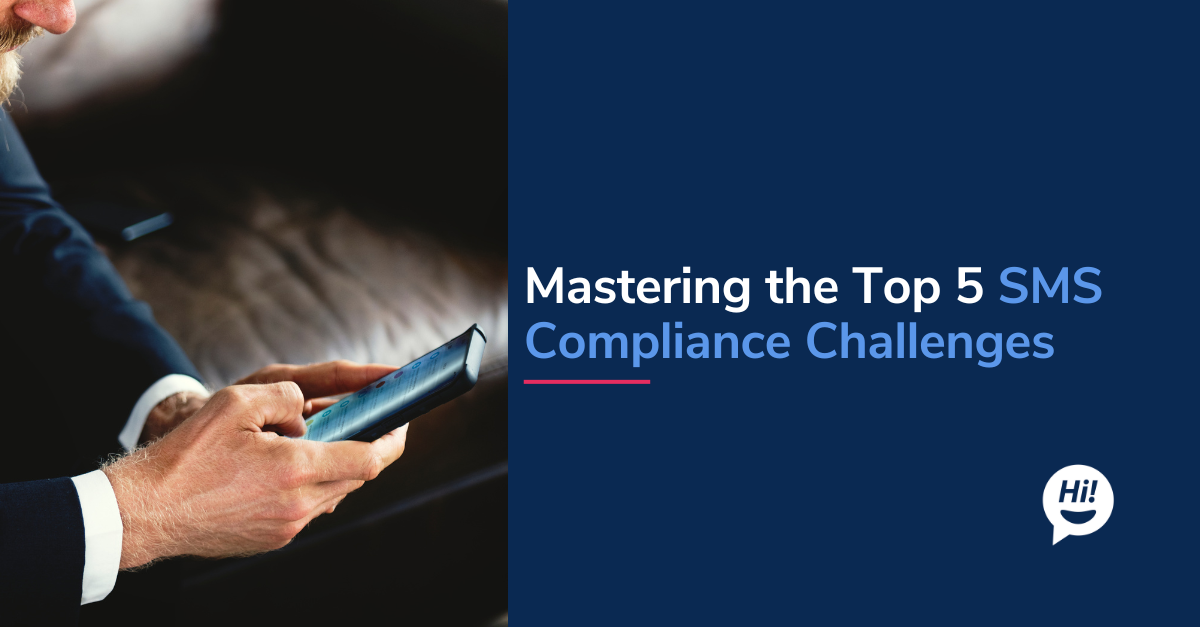Consider a factory once teeming with human workers, now filled with the silent efficiency of robotic arms. This scenario, once a distant vision of the future, is becoming a reality as AI technology rapidly advances. The potential impact of AI on the job market is a pressing concern, prompting individuals and businesses to rethink their strategies for the future.
The Rise of AI and Automation
Artificial intelligence (AI) has witnessed remarkable advancements in recent years, enabling machines to perform tasks once thought to be exclusively human capabilities. This technological surge has led to a significant increase in automation across various industries.
Automation in Manufacturing:
- Robotic Assembly Lines: Robots increasingly replace human workers on assembly lines, performing tasks with greater precision and speed.
- Quality Control: AI-powered systems inspect products for defects, ensuring higher quality standards.
Automation in Customer Service:
- Chatbots and Virtual Assistants: AI-powered chatbots and virtual assistants are becoming commonplace in customer service, handling routine inquiries and providing support.
- Personalized Recommendations: AI algorithms can analyze customer data to provide personalized recommendations and improve customer satisfaction.
Automation in Transportation:
- Self-Driving Vehicles: Autonomous vehicles are being developed to revolutionize transportation, potentially reducing accidents and improving efficiency.
- Logistics and Supply Chain Management: AI optimizes logistics and supply chain operations, improving delivery times and reducing costs.
These are just a few examples of how AI is automating tasks across various industries. We can expect to see even more widespread automation as AI technology advances.

The Benefits of AI
While the potential for job displacement is a concern, AI and AI agents also offer significant benefits that can drive economic growth and improve quality of life.
Increased Efficiency and Productivity:
- Automation of Routine Tasks: AI can automate repetitive and time-consuming tasks, freeing human workers to focus on more strategic and creative work.
- Process Optimization: AI can optimize processes and workflows, increasing efficiency and reducing costs.
- Data Analysis and Insights: AI can analyze large datasets to identify trends and patterns humans might miss, enabling data-driven decision-making.
Job Creation and Innovation:
- New Industries and Sectors: AI is driving the creation of new industries and sectors, such as artificial intelligence, machine learning, and data science.
- Innovation and Creativity: AI can inspire innovation and creativity by providing new tools and capabilities for problem-solving and development.
Improved Quality of Life:
- Enhanced Healthcare: AI can improve healthcare outcomes by assisting in diagnosis, treatment planning, and drug discovery.
- Personalized Services: AI can enable personalized services, such as tailored education, entertainment, and customer experiences.
- Accessibility: AI can improve accessibility for people with disabilities by providing assistive technologies and tools.
While the potential for job displacement is a concern, it is essential to recognize the significant benefits that AI can bring to society. By embracing AI and investing in skills development, we can harness its potential to create a more prosperous and equitable future.
Preparing for the Future of Work
As the job market evolves in response to AI and automation, individuals and businesses need to proactively prepare for the future of work. This involves investing in skills development, continuous learning, and adapting to the changing landscape.
Reskilling and Upskilling:
- Identify Emerging Skills: Stay informed about the in-demand skills that will likely be needed, such as data science, AI, cybersecurity, and digital marketing.
- Invest in Training: Seek out educational opportunities, online courses, and training programs to acquire new skills and enhance existing ones.
- Continuous Learning: Embrace a mindset of lifelong learning and stay updated on industry trends and technological advancements.
In-Demand Skills:
- Data Science and Analytics: The ability to analyze and interpret large datasets is becoming increasingly valuable in various industries.
- AI and Machine Learning: Expertise in AI and machine learning can open up new career opportunities and enhance job prospects.
- Cybersecurity: As the digital landscape becomes more complex, cybersecurity professionals will be in high demand to protect against cyber threats.
- Digital Marketing: Understanding digital marketing strategies and tools is essential for businesses in the digital age.
- Soft Skills: Interpersonal skills, such as communication, problem-solving, creativity, and adaptability, will remain essential in the future of work.
Strategies for Individuals and Businesses:
- Lifelong Learning: Prioritize continuous learning and professional development to stay relevant in the changing job market.
- Adaptability: Cultivate a mindset of adaptability and be open to new opportunities and challenges.
- Networking: Build professional solid networks to connect with industry experts and potential employers.
- Entrepreneurship: Consider exploring entrepreneurial opportunities to create new jobs and drive innovation.
- Business Agility: Businesses should foster a culture of innovation and adaptability to navigate the changing landscape.
By proactively preparing for the future of work, individuals and businesses can position themselves for success in the age of AI and automation.

The Role of Policymakers and Businesses in Shaping the Future of Work
As AI continues to reshape the job market, policymakers and businesses have a crucial role in mitigating the negative impacts of AI-driven job displacement and ensuring a just and equitable transition to the future of work.
Policymakers:
- Social Safety Nets: Implement robust social safety nets, such as unemployment benefits, retraining programs, and income support, to provide support for workers who are displaced by AI.
- Education and Training: Invest in education and training programs to equip workers with the skills needed for the jobs of the future, including AI, data science, and digital technologies.
- Regulation and Ethical Guidelines: Develop clear regulations and ethical guidelines to ensure the responsible development and deployment of AI, addressing concerns such as bias, privacy, and accountability.
- Industrial Policies: Promote policies that encourage innovation and job creation in sectors that are less susceptible to automation.
Businesses:
- Invest in Workforce Development: Invest in training and development programs to help employees acquire new skills and adapt to the changing job market.
- Ethical AI Development: Prioritize the development of ethical AI agents to ensure that AI systems are developed and deployed in a way that benefits society and avoids harmful outcomes.
- Collaboration with Policymakers: Work with policymakers to develop effective policies that support workers and businesses during the transition to the future of work.
- Corporate Social Responsibility: Embrace corporate social responsibility by taking steps to mitigate AI's negative impacts on employees and communities.
By working together, policymakers and businesses can create a more equitable and sustainable future of work where AI is used to benefit society as a whole.
Conclusion: Navigating the Future of Work
The rise of AI and automation presents challenges and opportunities for individuals and businesses. While there is a risk of job displacement, AI also offers the potential for increased efficiency, productivity, and innovation.
To successfully navigate the future of work, it is essential to adopt a proactive approach. Individuals should invest in skills development, embrace lifelong learning, and be open to new opportunities. Businesses should prioritize workforce development, ethical AI development, and collaboration with policymakers.
Shaping a positive future of work in the age of AI requires a collaborative effort among individuals, businesses, and policymakers. By working together, we can harness AI's potential to create a more prosperous and equitable society for all.
To learn more about Botsplash click the button below to schedule a demo with our team.







